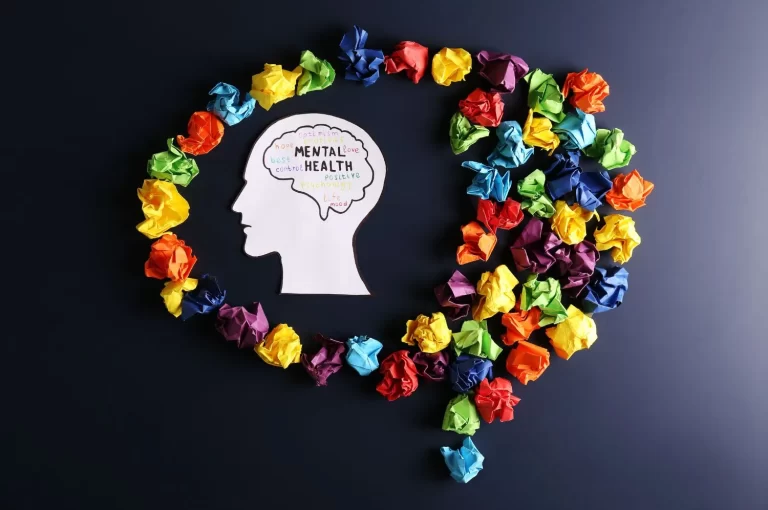Anxiety is one of the most common mental health conditions affecting millions of people worldwide. It manifests in various forms, from generalized anxiety disorder to panic attacks, and can significantly impact daily life. Understanding how to recognize the signs of anxiety and manage it effectively is crucial for maintaining mental health.
Understanding Anxiety
Anxiety is a natural response to stress, characterized by feelings of worry, nervousness, or fear. While it’s normal to experience anxiety in certain situations, such as before a big presentation or during a job interview, chronic anxiety can interfere with daily activities and lead to more severe issues like depression.
There are several types of anxiety disorders, including:
- Generalized Anxiety Disorder (GAD): Persistent and excessive worry about various aspects of life.
- Social Anxiety Disorder: Intense fear of social situations, leading to avoidance of social interactions.
- Panic Disorder: Recurrent, unexpected panic attacks, which are sudden periods of intense fear.
- Phobias: Irrational fears of specific objects or situations, such as heights or spiders.
Recognizing the Signs of Anxiety
Anxiety can manifest in both physical and emotional symptoms. Recognizing these signs early can help in managing the condition effectively. Common symptoms include:
- Excessive worrying: Constant and overwhelming worry about everyday situations.
- Restlessness: Feeling on edge or unable to relax.
- Fatigue: Anxiety can be physically draining, leading to tiredness even without significant physical exertion.
- Difficulty concentrating: Anxiety can make it hard to focus on tasks or make decisions.
- Physical symptoms: These can include headaches, muscle tension, rapid heartbeat, sweating, and gastrointestinal issues.
- Sleep disturbances: Difficulty falling or staying asleep due to anxious thoughts.
Managing Anxiety
Managing anxiety involves a combination of lifestyle changes, therapeutic techniques, and, in some cases, medication. Here are some strategies that can help:
- Mindfulness and Meditation: Practicing mindfulness and meditation can help calm the mind and reduce anxiety. Techniques such as deep breathing exercises, progressive muscle relaxation, and guided imagery can be effective.
- Exercise: Regular physical activity releases endorphins, which are natural mood lifters. Exercise also helps reduce the physical symptoms of anxiety, such as muscle tension and restlessness.
- Healthy Diet: A balanced diet can impact mental health. Avoiding caffeine, sugar, and alcohol, which can trigger anxiety, and incorporating foods rich in omega-3 fatty acids, magnesium, and vitamin B can help reduce symptoms.
- Therapy: Cognitive Behavioral Therapy (CBT) is a widely used approach that helps individuals identify and change negative thought patterns associated with anxiety. Other therapeutic approaches, such as exposure therapy and dialectical behavior therapy, can also be effective.
- Medication: In some cases, medication may be necessary to manage anxiety. Antidepressants, benzodiazepines, and beta-blockers are commonly prescribed, but they should be used under the guidance of a healthcare provider.
Seeking Professional Help
If anxiety becomes overwhelming or starts to interfere with daily life, seeking professional help is crucial. A mental health professional can provide a diagnosis and recommend appropriate treatment options. It’s important to remember that anxiety is a treatable condition, and with the right support, individuals can lead fulfilling lives.
Mental health awareness and understanding the signs of anxiety are essential steps toward managing it effectively. By adopting healthy habits, seeking support, and staying informed, individuals can reduce the impact of anxiety on their lives and improve their overall well-being.

